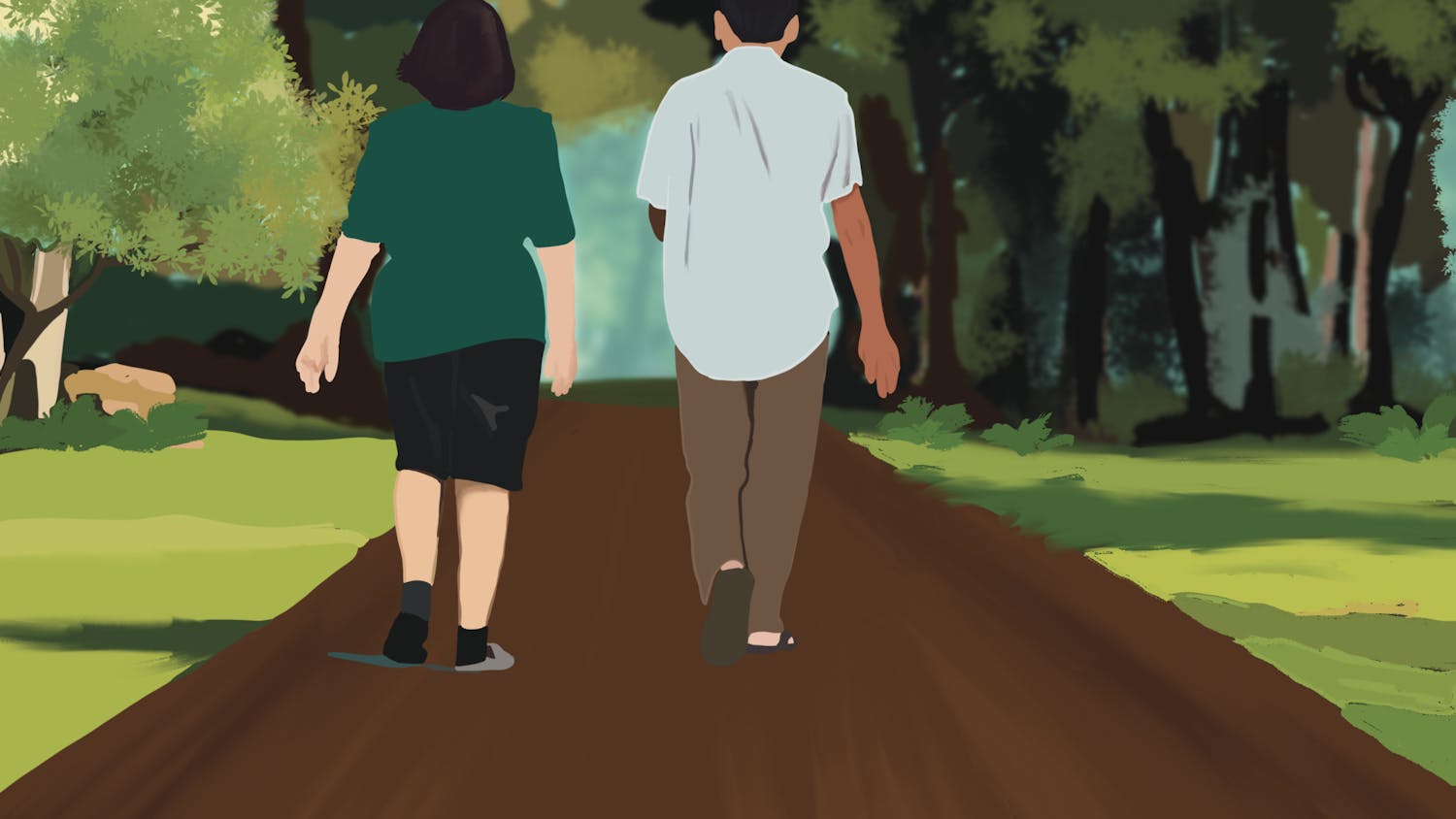A team led by two UF researchers was recently awarded thousands of dollars to help win the game of hide-and-seek with leukemia cells.
The Leukemia and Lymphoma Society awarded the team a two-year, $800,000 grant to find the spots leukemia cells tend to hide in the body and to develop drugs that cripple these cells.
Research leaders Dr. Christopher Cogle and Edward Scott, both professors in UF’s College of Medicine, applied for the grant during the summer in hopes of furthering their research in the behaviors of blood cancer.
Cogle deals with these cells each day at UF Health Shands Hospital.
“Our aim is to find out the hiding spots of leukemia cells because that’s a major problem in the clinic,” he said.
Cogle said another obstacle he faces in the clinic is that leukemia often returns after chemotherapy alone.
The team is conducting research on blood vessels, which they grow in sterile dishes. They are also using mice as test subjects to further understand where the cancer cells hide and what types of drugs they can use to eradicate the cells.
“We’re able to test these ideas very rapidly so that we can save young children and other adults from these cancers,” Cogle said.
Scott, a professor in molecular genetics and microbiology said he and Cogle want to make sure what they discover in the mice will successfully translate into significant change for human leukemia cases.
Cogle and Scott will share their data with Celgene, the pharmaceutical company they partnered with, in the hopes of developing drug compounds that will block where cancer cells hide.
“The main goal is to understand a new biology of leukemia cells that has never been appreciated before and to find drug units that could be therapeutic in the future for my patients,” Cogle said.
Chris Abeleda, a 20-year-old UF psychology sophomore, was diagnosed with leukemia in spring 2013. His case of acute lymphoblastic leukemia is in remission, but he cannot officially be declared cancer-free for five years.
He said he thinks the research that Cogle and Scott are conducting is great and wants to know if there are still leukemia cells hiding in his body.
“If they could find a way to make sure it’s all gone,” Abeleda said, “that would be perfect.”
[A version of this story ran on page 3 on 2/21/2014 under the headline “Grant to fund UF leukemia research"]




